IT Highlights for Researchers
The Division of IT provides a variety of systems, software, and services to support University of Maryland research.
State-of-the-art technology is an essential foundation for scholarly work at premier research institutions. For UMD researchers to drive innovation, they must have easy access to modern technology relevant to their discipline.
DIT Resources
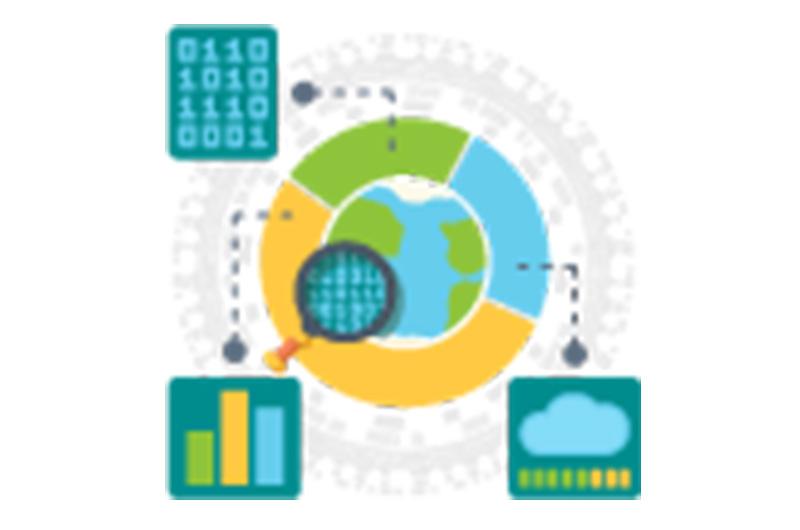
Data Analysis Tools
Learn About Data Analysis Tools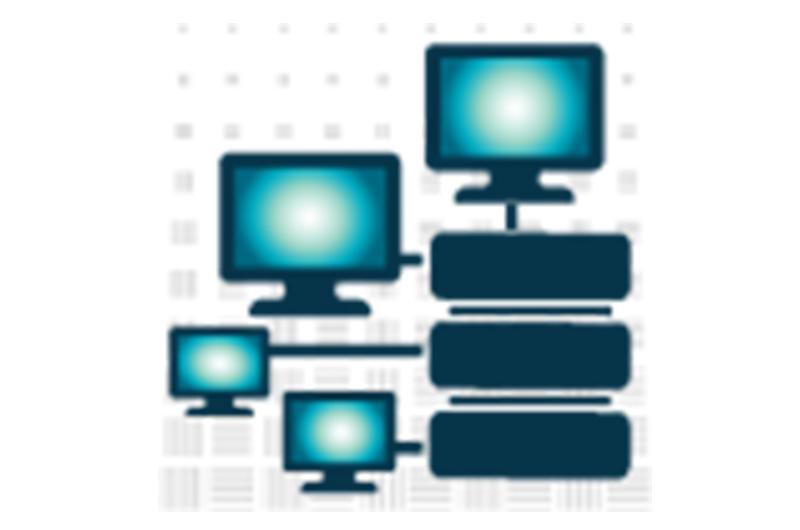
Data Storage Solutions
Learn About Data Storage Solutions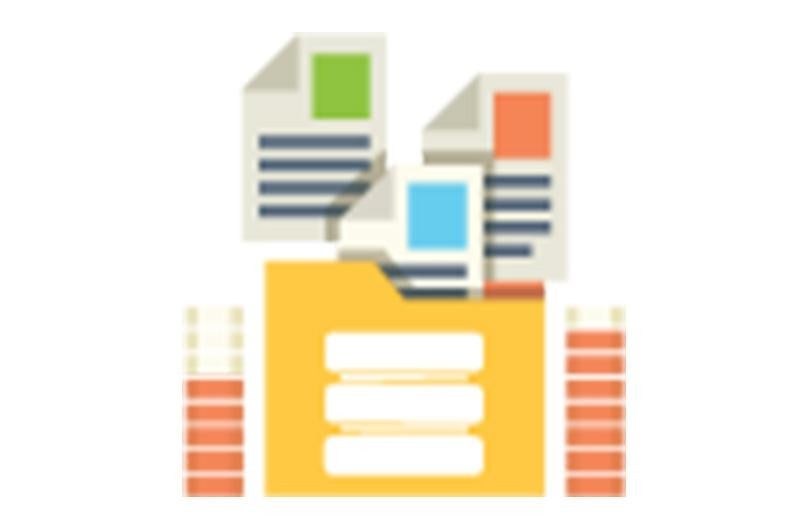
Data Backup Solutions
Learn About Data Backup Solutions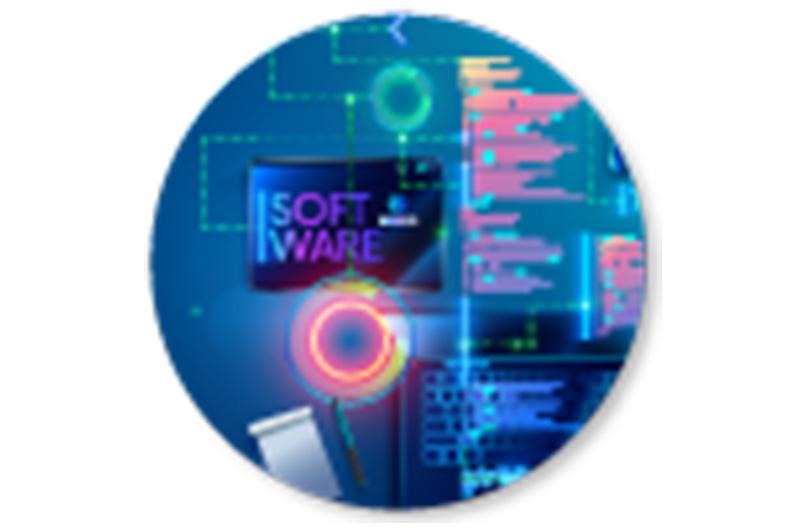
Software for Research
Learn About Software for Research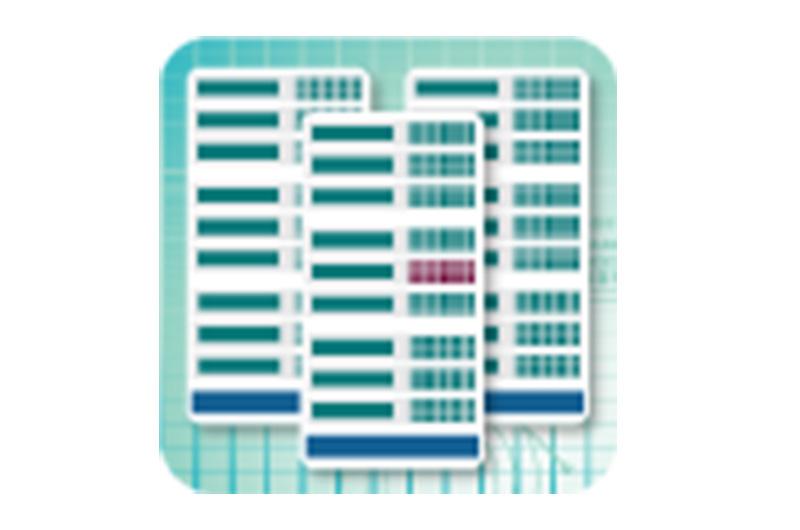
High-Performance Computing
Learn About High-Performance Computing
Research Technology Consultations
Learn About Research Technology Consultations
UMD Google Cloud Community
Learn About UMD Google Cloud Community
Research Cybersecurity
Learn About Research CybersecurityUMD Resources
Integrated Research Resources on Campus - IRROC
There are a wide variety of services that can help you develop novel ideas, compete for funding, conduct research, and disseminate your findings. Search or browse UMD's collection of integrated research resources on campus.
Core Facilities
The Division of Research collects information about core facilities available for UMD research.
Cloud Computing for Research
DIT maintains an agreement with Google Cloud to provide appropriate terms of service for university use. Contact the Research Computing team for consultations and information about Google Cloud, or make a request in the IT Service Catalog. We can provide information about applying for research credits, set up your Google Cloud project, and help you engage with Google representatives and Burwood experts. Assistance may be available to help you during grant proposal writing.
DIT maintains an agreement with AWS to provide appropriate terms of service for university use. There are self-service options in the IT Service Catalog to request EC2 instances, or to request an AWS Account. Contact DIT to get in touch with the AWS Research support team for assistance with writing proposals, research credits, and letters of support.
External Resources
Google, AWS, and Microsoft all offer access to high-demand public datasets that can be used seamlessly with their cloud-based resources and tools. The cloud providers also have processes for researchers to add their own data to the registries.
CloudBank provides information, education, training, and allocations for public clouds. CloudBank bundles multiple small requests that come directly to NSF into a bulk request to cloud providers, dis-incentivizing more costly direct connections. Researchers can request CloudBank when preparing proposals for "CloudAccess" enabled NSF solicitations and for small amounts of time for purposes such as hosting community datasets by submitting a CloudBank community request.
NIH’s STRIDES Initiative aims to modernize biomedical research by reducing economic and process barriers in utilizing commercial cloud services. The program provides researchers with professional services, training, discounts, and collaborative engagements.
A user-friendly discovery and exploration tool for publicly available datasets at NIST. These data products are generated as part of the NIST mission, spanning multiple disciplines of scientific, engineering, and technology research.
Science gateways are web-based, community-developed interfaces that provide researchers with access to resources and tools. Use the catalog to discover gateways and virtual research environments that you can use for your own research, teaching, and learning, or reuse to build your own.
Partnerships
We have created a UMD Google Cloud Community that provides opportunities to share information and meet with Google Customer Engineers. DIT meets on a regular basis with Google and provides input into Google services via a Service Advisory Board. Google Customer Engineers provide guidance to right-fit cloud based resources for each use-case and share information about new services as they become available. Google provides mechanisms for researchers to apply for cloud credits to offset cloud computing costs.
The AWS Enterprise Support team can help with proposal development by providing letters of support, and can provide guidance about using AWS resources and lowering costs. AWS also provides mechanisms for researchers to apply for cloud credits to offset cloud computing costs. We also partner with AWS to provide campus events, such as workshops and reInvent reviews.
DIT meets regularly with Box to discuss best practices, provide feedback, and ensure that UMD is getting the most out of the service.
Mathworks provides workshops for learning how to use MATLAB and provides online learning and grading tools to better support academic use-cases.

